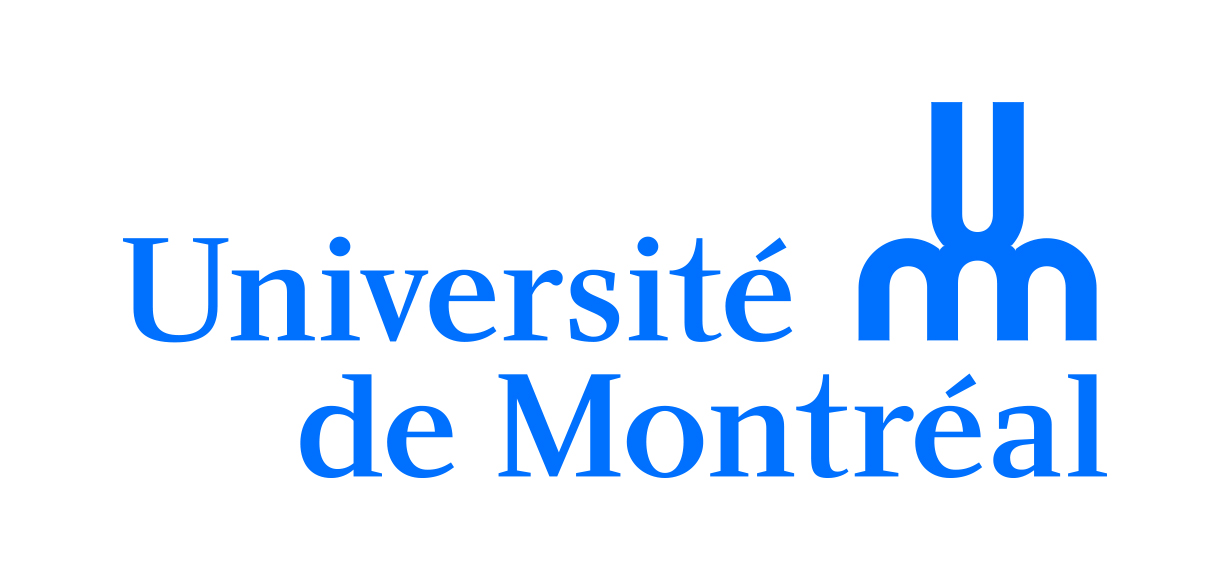
Members of the Université de Montréal’s particle physics group have long been involved in world-class experiments, both in Canada and at other facilities around the world. Researchers from this group are currently involved with the PICO and SuperCDMS experiments housed at SNOLAB, as well as ATLAS and Belle II, experiments searching for physics beyond the Standard Model at the LHC and KEK particle accelerators, respectively.
One of the leads of the PICO group at U de M is Alan Robinson, one of the new faculty hired with the CFREF funding awarded to the McDonald Institute. This group is working on the conceptual design of PICO 500, the next generation of the experiment that will be installed at SNOLAB. Thanks to funding made available through partnership with the McDonald Institute, Alan will also be building his own research group, giving grad students and postdocs the opportunity to get involved with world-leading astroparticle physics experiments.
SuperCDMS at SNOLAB (the Super Cryogenic Dark Matter Search) will use superconducting sensors to detect the heat generated by dark matter collisions. The sensitivity of these sensors have recently been optimized to detect collisions hundreds of times less energetic than those observable by most other dark matter experiments. The University of Montreal, with a group led by Alan Robinson, has recently joined the SuperCDMS collaboration. This group will focus on calibrating and understanding the detection of these collisions, and will support the commissioning and operation of the dark matter search at SNOLAB.
The U de M also has a particle physics theory group that is exploring a wide range of topics including physics beyond the Standard Model. The work of this group complements and informs the work of experimental research scientists at the university.
U de M is also home to the Montréal Technology Center which supports the work not only of its own particle physics group, but that of several other McDonald Institute partners: Carleton University, Laurentian University, McGill University, and TRIUMF. The Center has an electronics laboratory, machine shop, clean rooms, and access to proton, neutron, and ion beams from an in-house particle accelerator. These state-of-the art facilities provide support for construction and R&D for detectors, readout electronics, and data acquisition. The Center has supported experimental collaborations around the world and has played a role in several of the experiments McDonald Institute researchers are currently working on.
Funding from the McDonald Institute will help to expand U de M’s particle physics program, and in turn the partnership provides increased access to the U de M’s facilities and expertise for astroparticle experiments and scientists across Canada.
Université de Montréal is situated on land where, long before the arrival of the French, people of many Indigenous nations came together and interacted. Université de Montréal wishes to acknowledge these nations, their descendants and the spirit of fraternity that presided over the signing in 1701 of the Great Peace of Montreal, a treaty that fostered peaceful relationships between France, its Indigenous allies and the Haudenosaunee federation (pronunciation: O-di-no-sho-ni). The spirit of fraternity that inspired this treaty serves as a model for the Université de Montréal community. Read more
